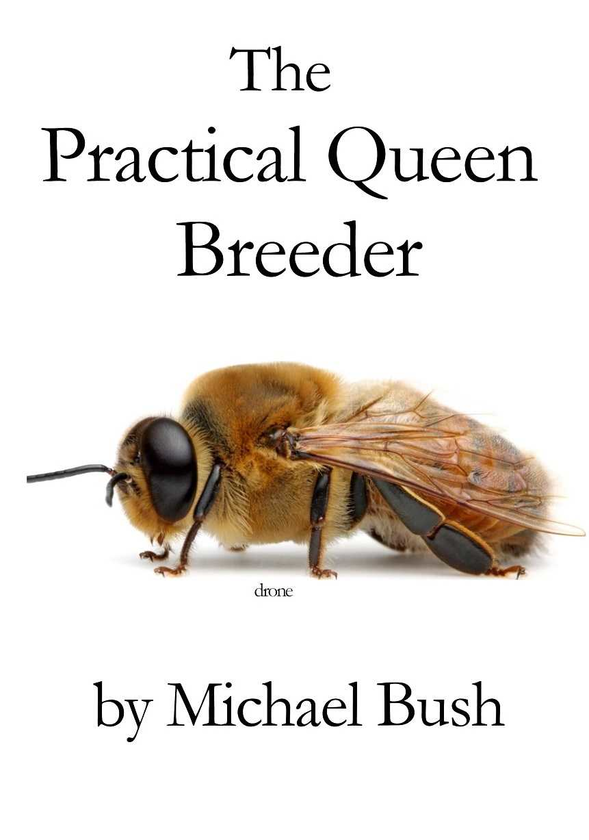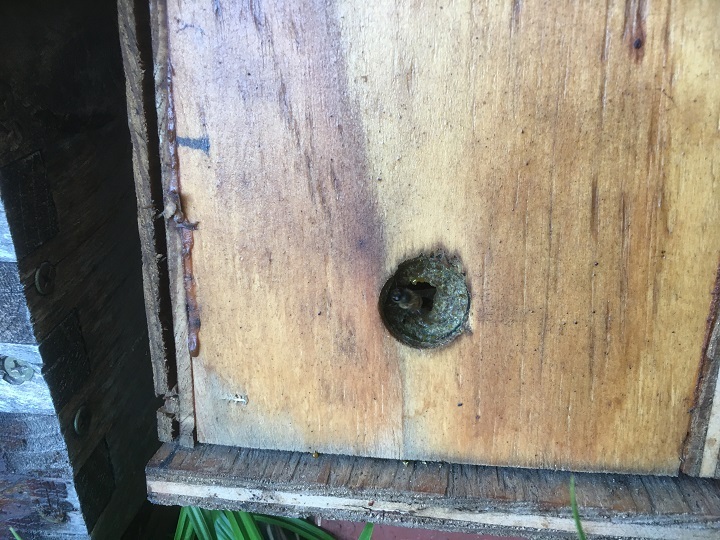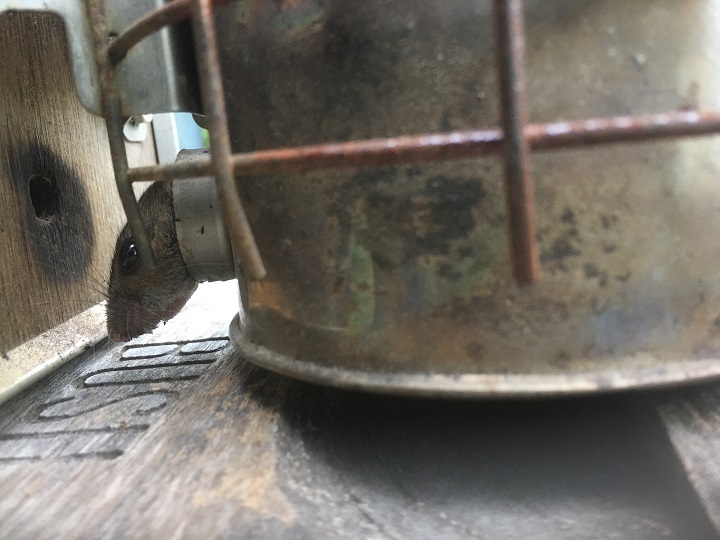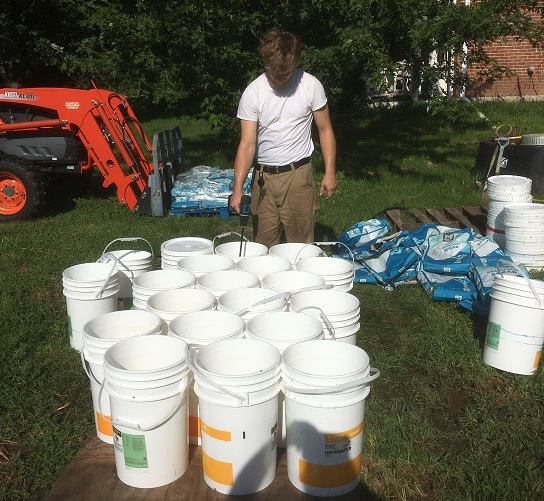The Whole Bee Concept:
Maintaining Genetic Diversity and Locally Adapted Bees
Even if we start with feral stock we still need to select from the stock we have. We also need to do what we can to maintain a broad gene pool.
The danger of breeding for specific traits
The history of selective breeding is full of both successes and failures. Many a great breed became great when the overall health and usefulness was the criteria for selection. And many of those wonderful breeds were ruined when some specific trait became the "trait de jour". I hardly think it necessary to give a lot of examples of this since they are abundant in every domestic species. Dogs, cattle, horses, etc. have all suffered from this mentality of breeders. Let's pick one that seemed practical at the time. Hereford cattle were bred for many years to be "compact". The thinking was that long legs were a waste of energy since you can't sell bone, just meat. So if cattle had short legs with more meat on them and less bone, the animal would be a higher proportion of meat and lower proportion of bone and therefore be more profitable. So for a century or more they were bred to be "compact". The breeding for compactness was a great success if you measure it by just that trait. The problem was when they succeeded the once hardy and self-sufficient cattle breed was suddenly beset by calving difficulties. Someone, shortly after, started correlating leg length and calving difficulties and discovered that short legged cattle had more problems and long legged cattle had less. So now they discovered, after throwing away all of the long legged genetics, that they had backed themselves into a genetic corner. What they should have been breeding for was overall health (including ease of calving).
The appeal of selecting for very specific traits is that it seems so scientific. The problem is that it is not so scientific. Reality is that the genetic combinations that produce health, longevity, productivity etc. are not just one gene or one simple trait, they are a combination of many genes and many traits. The problem of breeding for specific traits is that you are not only missing the "forest for the trees" but you are missing the "forest for the" cells in the leaves on the trees. In other words you need to back up and get some perspective.
http://bushfarms.com/beeswholebee.htm

I consider propolizing a good trait for bees (maybe not for the beekeeper). Here is a mating nuc I found this year. The drilled hole is about 5/8". The reduced hole is about 5/16".
It wasn't working right and then it would and then it wouldn't. This is what I found. It couldn't get out, so I left it and used another smoker. It was finally out after two days.
We needed to feed because of a dearth and we still needed to finish building up the 8 frame nucs for winter. We bought 50 six gallon buckets and bought 3,450 pounds of sugar in 25 lb bags. We worked out the maximum strength we could do with hot water from my tap (140 F) and not have it crystallize out. We put one 25 pound bag in each bucket with a heaping tablespoon of ascorbic acid, then 18 pints of water and stir it with a five gallon paint stirrer. After 10 to 30 minutes we stir it again.



















